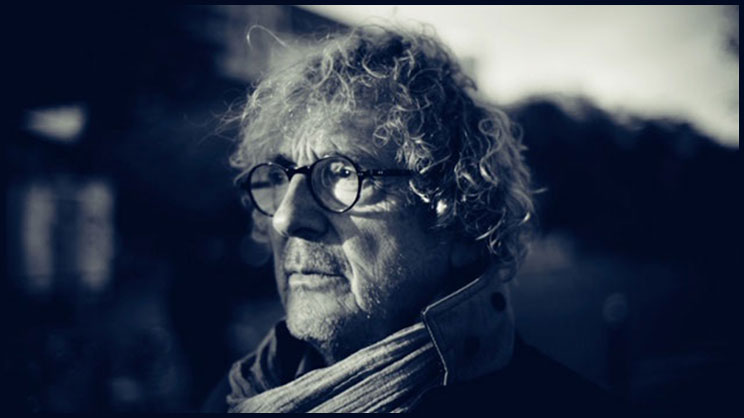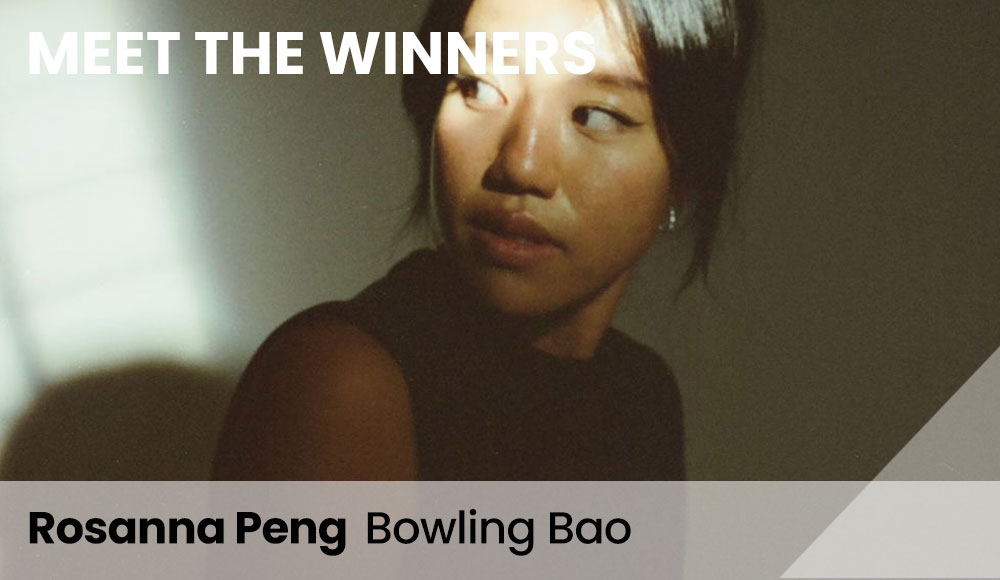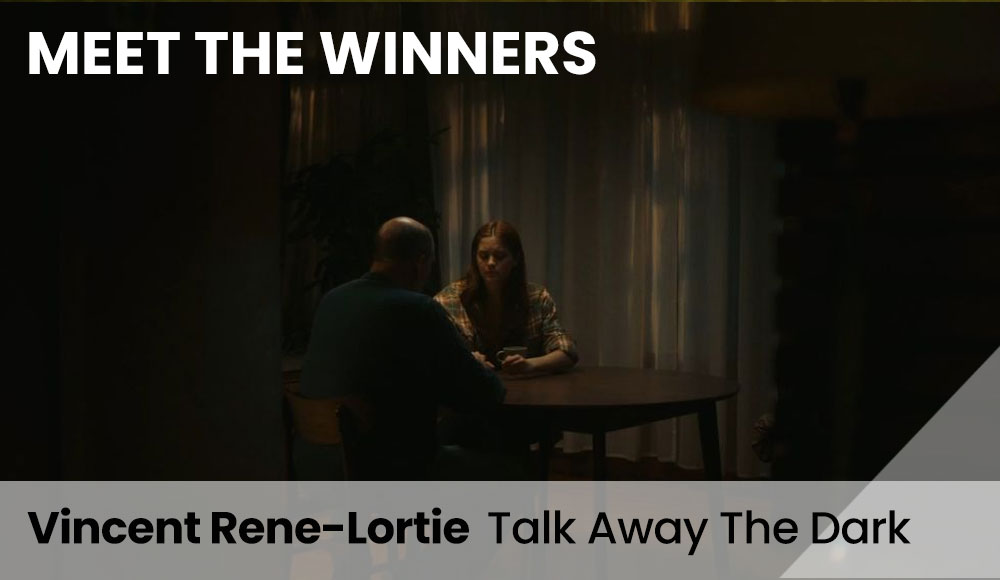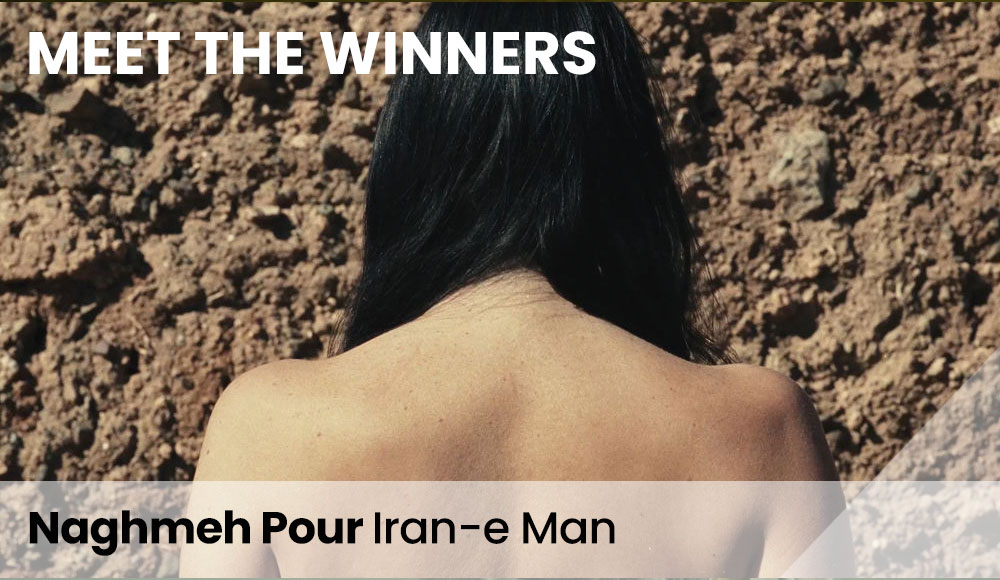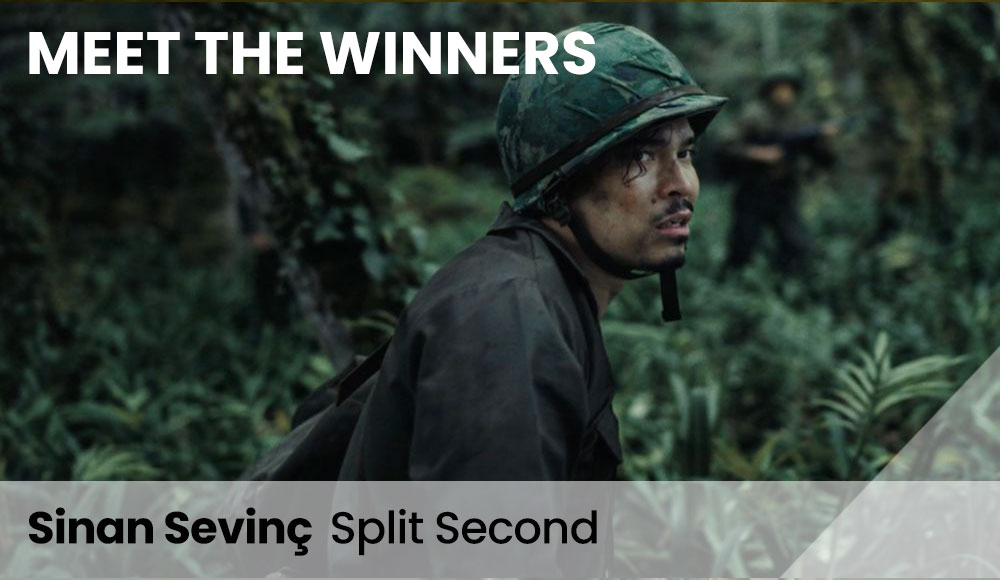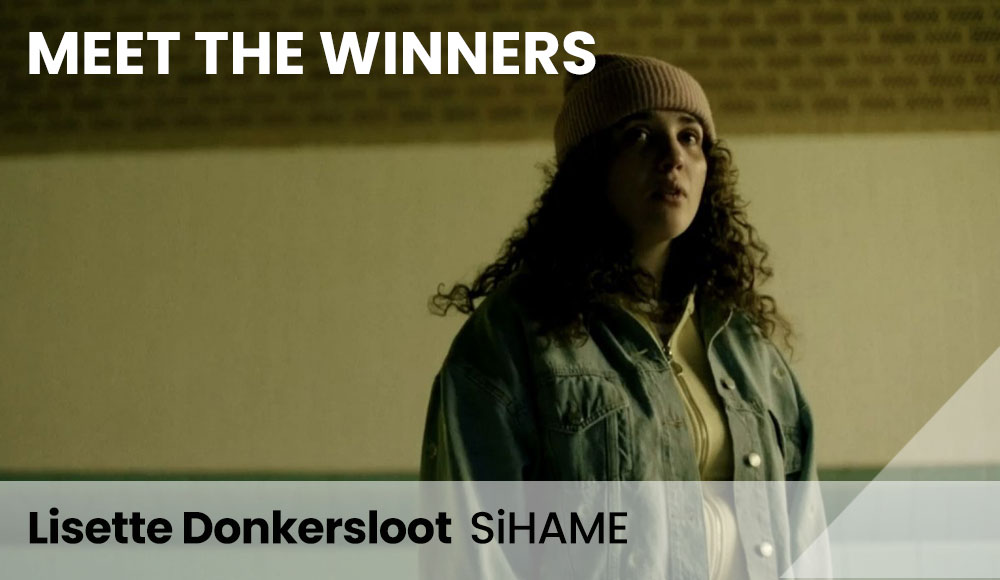Francois Chilot, the president of the YDA, talks about the opportunities available to new directing talent, the importance of producers as talent-nurturers, and what’s in store of the Young Director Award in 2019.
We have also created this Slate, which features the winners of the 2018 YDA, which you can view by clicking here.
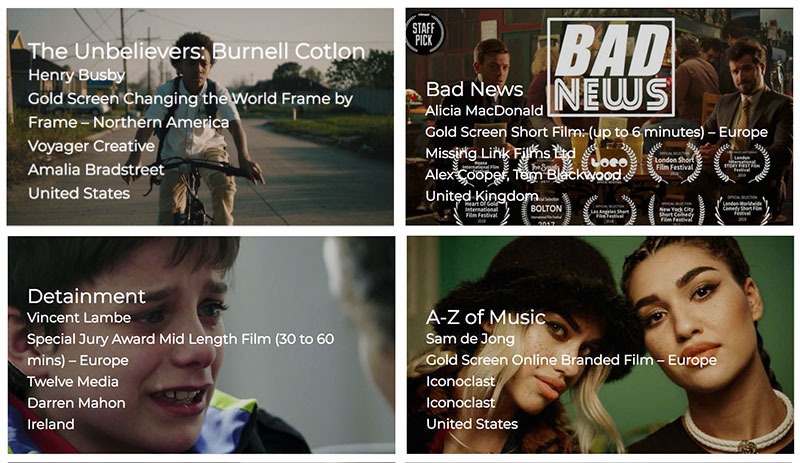
In general, do you think 2018 was a good year for creative advertising?
FC: It’s certainly been good for the amount of new talent we have seen coming through at the YDA, and that, in turn, can only be good for creative advertising as a whole. There was some amazing work awarded in Cannes at this year’s event, and the scope of directors’ talent is growing with the scope of the industry. No longer are their skills confined to what we might call ‘traditional advertising’, it is branching out into longer form projects and branded entertainment, which is something that YDA has been passionate about, and promoting, for many years.

What piece or pieces of work impressed you most at last year’s YDA?
FC: Of course, all of the work impresses me. I am impressed by much of the work that doesn’t even win a trophy but which gets shortlisted. That’s the quality we are seeing now, that some very good filmmakers are – how do you say in English? – duking it out at the YDA.
However, if you were to press me, then two pieces really stand out for me in 2018; the film Detainment by Irish director Vincent Lambe [clip above; a powerful docu-drama about the James Bulger murder in Liverpool in 1993 which has been short-listed for Oscar contention this year], and Emilie Thalund’s short film about periods called Period [below]. Both directors have commercial backgrounds but have gone on to make wonderful films outside of that arena.
What was it that struck you particularly about those films?
FC: They are brilliantly constructed and beautifully directed films, as you would expect, but they are also films that say something. Detainment, though a very tough watch, says something about guilt and innocence, about childhood and parenthood. Period celebrates something which is often, at least in the past, demonised or, at best, ignored, and it’s done in a fascinating and often joyful way. They are both educational for different reasons. And neither is a traditional 30- or 60-second commercial.
“I think [the internet] has given people who might not have had the chance to make films an opening, an opportunity. Maybe they won’t take it, maybe they will, but that’s what the YDA is about; discovery.”
What piece(s) of work impressed you over the course of 2018?
FC: Apple Homepod Welcome Home [below]. It’s amazing. It shows how a director, agency and advertiser can work together to make something fantastic. It’s a brilliant piece of work, a piece of art. And that piece of work shows the trust and respect between Spike Jonze, the agency and Apple, and that’s often something that gets lost. Martin de Thurah is another such director whose work is amazing and whose vision is something brands buy into… he, like Spike Jonze, is an artist.
Do you think it’s any more or less difficult for directors to break into the commercial industry now, with the plethora of platforms, than it was before?
FC: I think the internet and platforms such as Vimeo and YouTube, as well as publications like shots, which celebrates great, new talent, allows directors to get their work out into the world in a way that wasn’t possible when I was coming through the system. Technology has not only democratised the availability of cameras and editing software, allowing almost anyone to make a film, but the distribution of those films and the views they can get can be phenomenal.
“There is nothing more powerful than creative images to convey a strong story and message.”
But does the ability for everyone to make films lessen the overall quality? Does the tenet, ‘just because you can, doesn’t mean you should’ ring truer now than ever?
FC: Well, I don’t know. Bad films were made before the internet was around and bad things continue to be made. Maybe there are more bad films made now, but on the other hand, maybe there are more good films made, too. I think it’s given people who might not have had the chance to make films an opening, an opportunity. Maybe they won’t take it, maybe they will, but that’s what the YDA is about; discovery. Discovering new talent, wherever it might be, filtering it from the rest and attempting to shine a light on it.
“How do producers survive in this world, in the role we have? I think it’s because of our creativity and our ability to nurture directors that we continue to exist.”
How has the YDA changed in the last 20 years since its inception?
FC: One of the things we are now passionate about at the YDA is attempting to align advertising, and the filmmaking that comes from it, with helping to make the world a better place in which to live. Advertising has the ability to impact on people’s lives in so many fields; climate, food, education, the environment.
There is nothing more powerful than creative images to convey a strong story and message. That is why we created the category, Changing the World Frame by Frame. Young directors today should, I think, dedicate part of their time and talent to promoting that message. We had some great films in that category in 2018 and I hope 2019 proves to be even more exceptional.
Diversity continues to be at the forefront of industry discussions this year; do you think that there are enough new female directors coming through the system?
FC: Well, I think there are lots of women working in advertising, and I’m happy to have worked with some amazingly talented women over the course of my career, but that doesn’t mean there couldn’t be more, especially in the upper echelons of the business.
In terms of the YDA, over 40% of the winners in 2018 were female, which is a great advancement. Plus, there were more female than male jurors last year.
“I am impressed by much of the work that doesn’t even win a trophy but which gets shortlisted [at the YDA]. That’s the quality we are seeing now.”
What do you think the biggest talking points of 2019 might be?
FC: How, as an agency, to survive in the industry as the tech companies take more and more of the advertising cake. And how do producers survive in this world, in the role we have? I think it’s because of our creativity and our ability to nurture directors that we continue to exist, and the more content there is, the more platforms there are, the more talented and creative directors and producers we need.
What’s your New Year’s resolution, work-related or otherwise?
FC: To make the YDA even more successful. It is, I think, the only awards show in the world dedicated to beginners, and I want each year to be better than the year before. I also want to introduce our idea for Dream Pitch, which is an idea we have to help promote collaboration between creatives and directors.
Personally, I want to spend more time with my family and with my youngest daughter, who has just turned 13.

